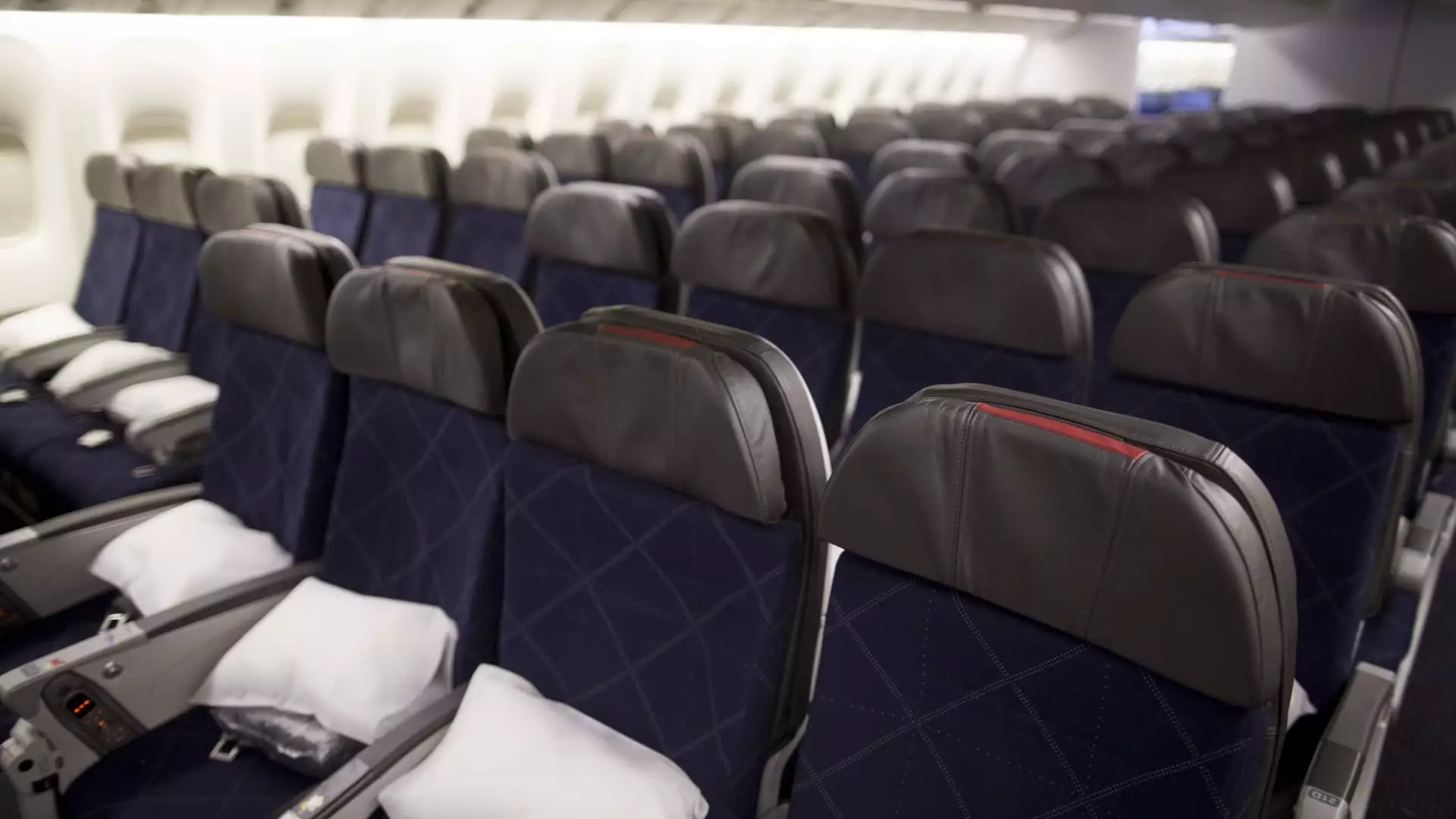In a climate where airline fees have become a topic of contention, executives from major U.S. airlines are gearing up to defend their stance on seating fees during a Senate subcommittee hearing. Over the past few years, charges for seat selections have ballooned, bringing in a staggering $12.4 billion from 2018 to 2023, as reported by the Senate Permanent Subcommittee on Investigations. This practice has led to accusations of airlines taking advantage of consumers through so-called “junk” fees, sparking discussions about the transparency of airline pricing structures and the implications for air travel affordability.
The term “junk” fees has been used to describe the numerous additional costs that airlines impose, particularly for seating choices that were once complimentary. The fees are primarily associated with choosing seats with extra legroom or preferred placements that allow for a more comfortable flying experience. Their introduction has changed the landscape of air travel, transforming what has traditionally been part of the ticket price into separate charges that many consumers may find bewildering. The practice raises questions about how much transparency airlines provide regarding their fees and whether customers are fully informed before making a purchase.
During the upcoming Senate hearing, airline executives, including American Airlines’ Chief Strategy Officer Stephen Johnson, are expected to present their defense of these charges. Johnson emphasizes that choices regarding seat selection are voluntary and designed to cater to consumer demand for more desirable placements. According to him, passengers who opt for additional payment for these enhancements do so willingly, reflecting a shift towards a more segmented pricing model in the airline industry. He argues that customers are presented with clear information about these fees upfront, ostensibly allowing them to make informed decisions.
In light of recent scrutiny, the major airlines are under pressure to justify their fee practices, particularly as the Biden administration and some lawmakers seek to address the issue of hidden fees across consumer sectors. Competitors like Spirit and Frontier, which popularized the fee-based structure, have additionally heightened the scrutiny, as they push for a more economically appealing service model. However, recent challenges faced by Spirit Airlines, including bankruptcy filing due to stiff competition and changing consumer expectations, reflect an industry in transition.
As the Senate hearing looms, the future of airline pricing remains uncertain. While airlines defend their approach as a response to evolving market demands, the American public appears to be increasingly wary of the fees attached to their travel experiences. With the potential for regulatory action on the horizon, it remains to be seen whether airlines will adjust their strategies to mitigate consumer dissatisfaction or if they will continue to rely on fee-based pricing structures. The dialogue between lawmakers, consumers, and airline executives may well shape the future of air travel as we navigate towards a more transparent and consumer-friendly airline industry.

